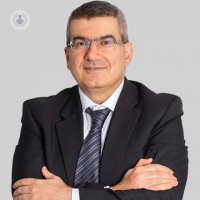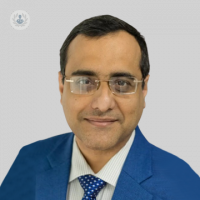What conditions does a fertility specialist treat?
Fertility specialists consult for and diagnose all manner of conditions surrounding infertility and related problems. Specialists may consult for both male and female infertility, making an initial assessment either for an individual or a couple. Fertility specialists typically use three main methods of treatment for fertility issues, being medication, surgical procedures, and assisted conception.
Surgery may be used for conditions such as endometriosis (where the womb lining grows outside the womb), fibroids, and PCOS. In men, surgery may be used to correct epididymal blockages, and retrieve sperm.
Fertility medication is more commonly issued to women in order to help with problems with ovulation. However, medication may be issued in some cases of male infertility or related problems.
Many people visit fertility specialists for assisted conception, typically through
IVF (in vitro fertilisation), IUI (intrauterine insemination), or
egg/sperm donation.
When should you see a fertility specialist?
There are many reasons to visit a fertility specialist. For women under 35, visiting a fertility specialist is recommend when you have been unable to get pregnant after one year of unprotected intercourse. Women 35 and older are recommended to visit a fertility specialist after 6 months of trying. Other reasons for visiting a fertility specialist include irregular menstrual cycles, wishing to delay conception, or being diagnosed with cancer during fertile years and wishing to conserve eggs.
If you have a thyroid condition, are overweight, or have a known reproductive issue such as
PCOS, visiting a fertility specialist is advised before trying to get pregnant. Other reasons for visiting a fertility specialist include:
- Pelvic inflammatory disease
- Having had an STI, which can affect fertility
- Multiple miscarriages or a history of miscarriage
- Having had abdominal or pelvic surgery
- Absent periods
- Painful periods
- Issues with erectile dysfunction
- Problems ejaculating
- Sustaining an injury to the genitals or groin
- A lump or swelling in the testicles (varicocele)




















